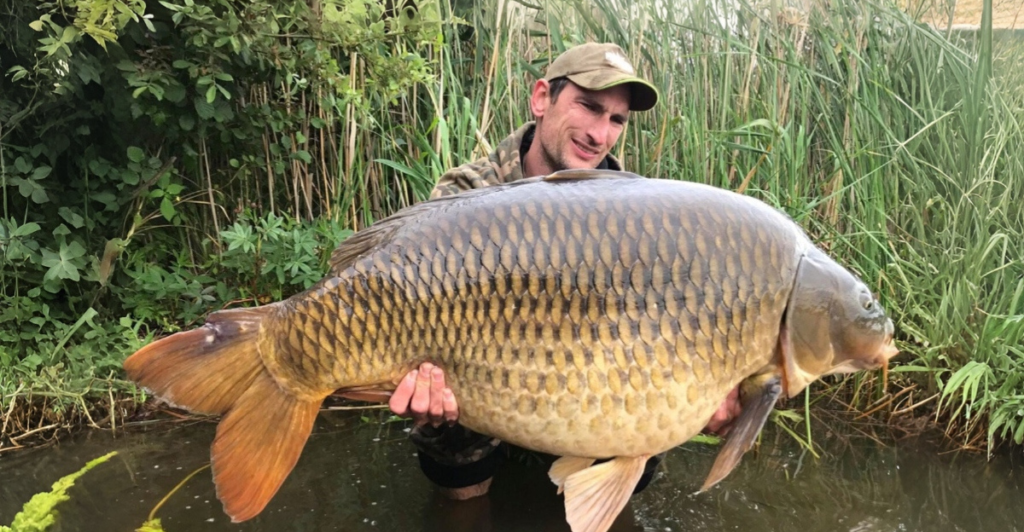
A massive effort to keep invasive carp out of the Great Lakes has faced a significant setback after the Trump administration backed away from federal funding. The Brandon Road Lock and Dam in Illinois, which was dubbed a critical choke point in the fight against the species, is also a planned site for underwater defenses. However, uncertainty surrounding federal support has led Illinois to delay key aspects of the project.
Background of Invasive Carp
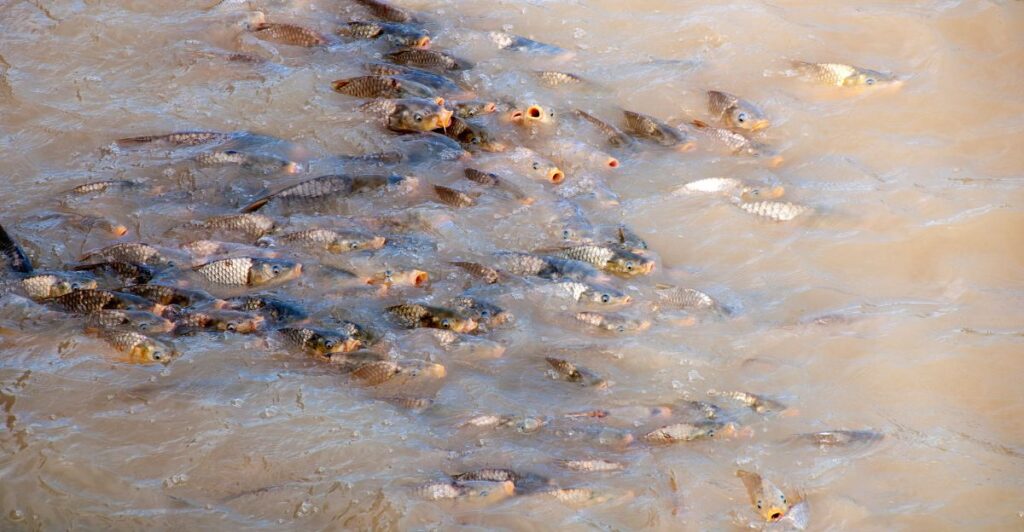
The invasive carp posing a particular risk are the silver and bighead carp that were imported to the southern United States during the 1960s and 1970s. Since then, they have migrated through multiple water systems, including the Mississippi and Illinois rivers, putting native fish species at risk by competing for food. Some are known to jump out of the water when startled and can cause injuries to people engaging in recreational activities like boating.
Threats Posed by Invasive Carp

If invasive carp enter the Great Lakes, it could have devastating impacts on ecological health and economic stability. Fishing in the region is valued at around $20 billion a year. Additionally, recreational boating industries worth billions of dollars could suffer if these species threaten native ecosystems.
Project Overview: Brandon Road Lock and Dam
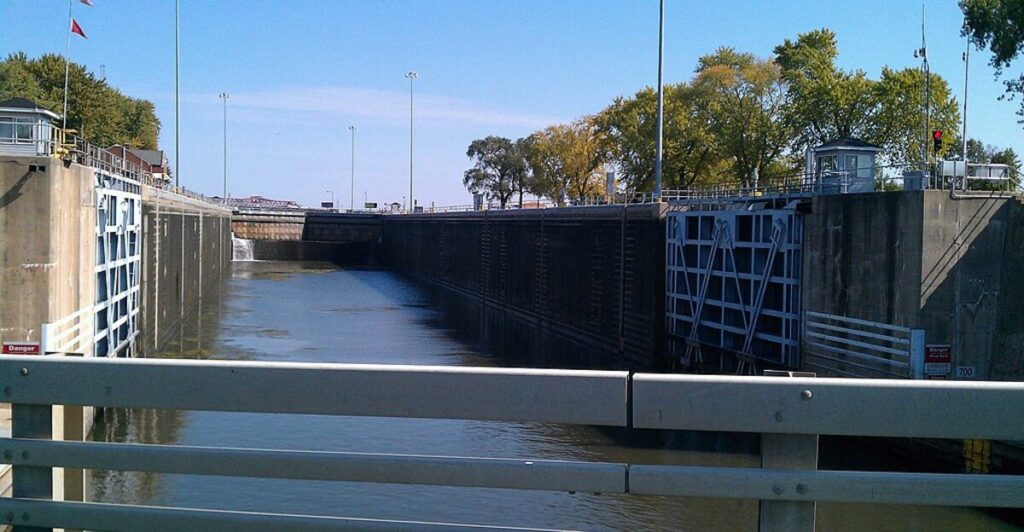
The Brandon Road Interbasin Project consists of installing multiple underwater deterrents at the Brandon Road Lock and Dam located close to Joliet, Illinois. It is an important site for providing this resource because it connects directly with Lake Michigan through the Chicago Area Waterway System. Technologies planned include noisemakers, bubble curtains, electric barriers, and flushing locks designed to prevent carp migration into Lake Michigan.
Initial Progress on Construction
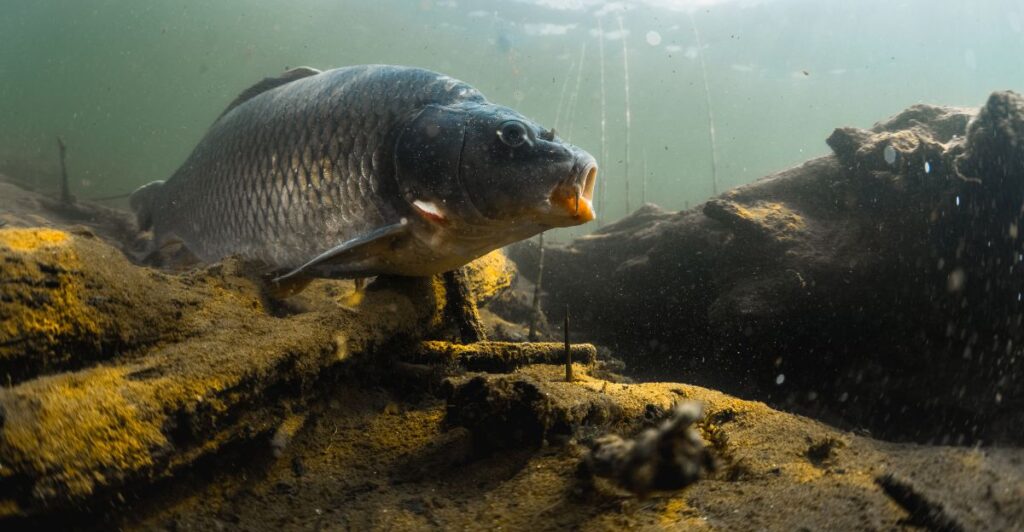
In December 2024, progress was made when the U.S. Army Corps of Engineers awarded a $15.5 million contract for initial site preparation work at Brandon Road Lock and Dam. This was a significant advance after years of planning.
Federal Funding Concerns

However, fears about the federal funding commitments have halted further progress on land acquisition needed for full-scale construction. The Illinois Department of Natural Resources cited uncertainty about future funding as to why it is delaying closing on property rights until May 2025 or later.
The Impact of Trump Administration Policies
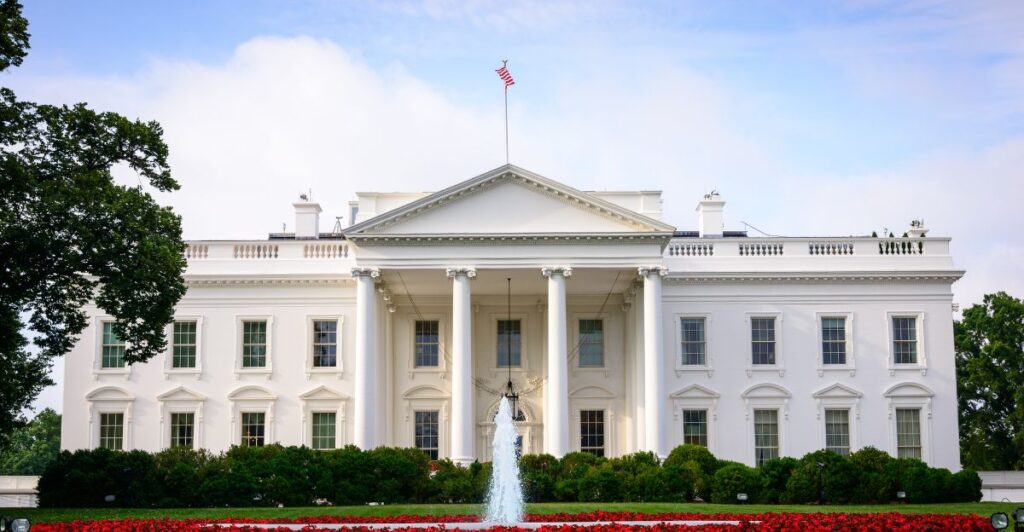
Concerns about these recent developments have been compounded by the Trump administration’s response to infrastructure funds previously allocated under bipartisan legislation. Governor JB Pritzker, however, expressed skepticism about relying on federal commitments, given past instances where funds were withheld from state projects.
Governor Pritzker’s Position on Funding Uncertainty

Without specific assurances from Washington D.C., Governor Pritzker stated it would be irresponsible to move forward without any funding plan, as this could lead Illinois taxpayers to bear the brunt of unmet federal obligations. He highlighted that Trump’s administration had already withheld funds that affected some state programs.
Reactions from Regional Leaders
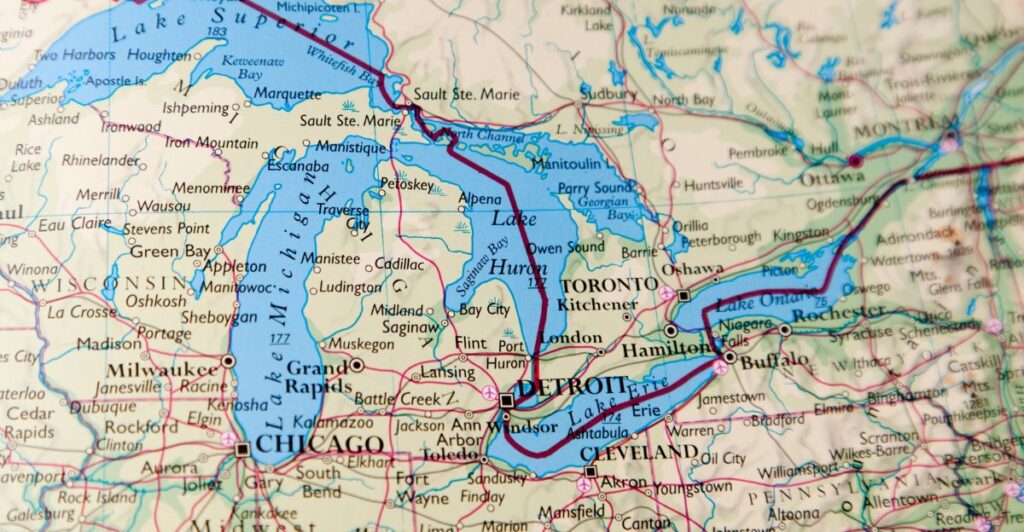
Wisconsin Governor Tony Evers also backed Pritzker’s decision, citing similar concerns about financial certainty before proceeding with large-scale projects that involve shared regional interests, such as protecting the Great Lakes ecosystem.
The Response from Environmental Advocacy
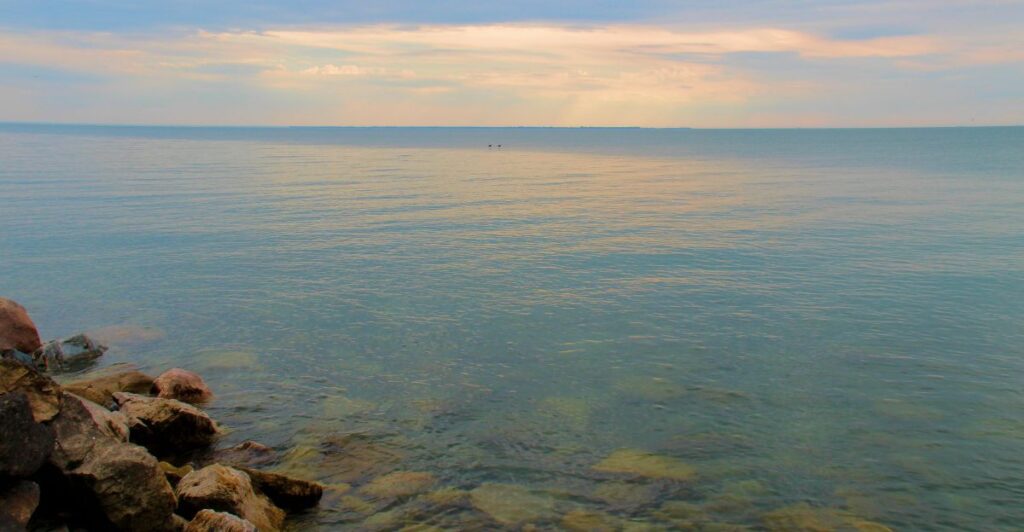
Organizations like Alliance for the Great Lakes have expressed concern that the process might delay progress toward longer-term goals but contend that any short delays are unlikely to prove catastrophic, noting that overall timelines extend to 2032.
Economic Implications Beyond Delay in Construction Start-Up

While construction impacts are a concern, economic risk extends further if invasive species break through the defenses designed to protect multi-billion dollar industries that depend on pristine lake conditions across several states bordering these critical resources.
Next Steps on Improving Funding Issues

Illinois officials are expected to request written assurances of continued support before reopening crucial phases such as land transfers that must occur before final implementation can be initiated again, possibly as soon as after May when resolution efforts among those involved tackle financial uncertainties surrounding this initiative.
Balancing Immediate Needs With Long-Term Goals
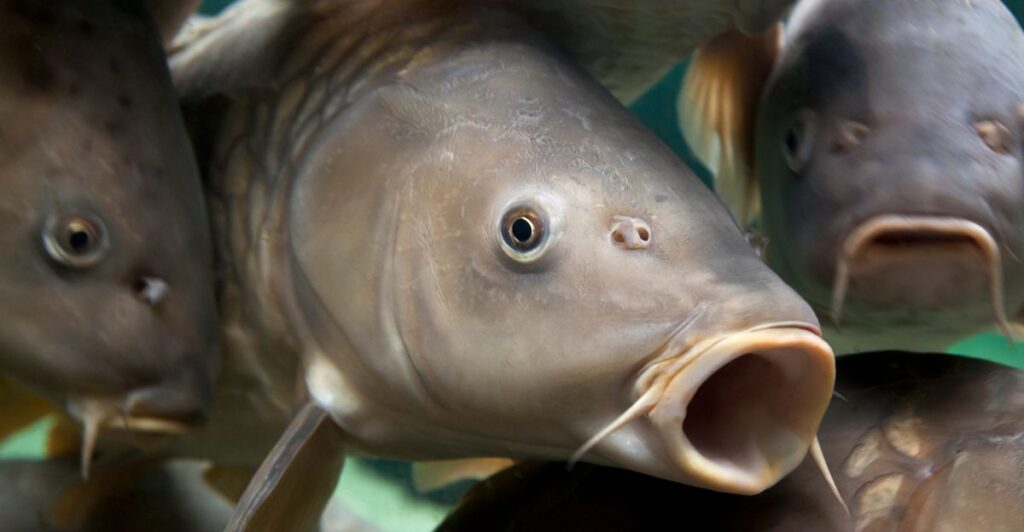
Ultimately, the ongoing restructuring of funding bodies and recent reports highlight new potential investments, while at the forefront of conversations are the challenging decisions between catering to short-term priorities versus maintaining longer-term visions that must be made to not only provide effective surveillance on invasive pressures but also translate to managing the multifaceted political challenges which will arise when attempting to protect one of Americia’s most beloved natural resources.
Discover more of our trending stories and follow us to keep them appearing in your feed

California Is Breaking Apart: A Fault Line Is Forming Faster Than Anyone Predicted
The War on Cows Is Over—And Green Extremists Have Lost
Scientists Are Bringing Back The Wooly Mammoth
Largest U.S. Dam Removal Sparks Giant Salmon Revival
References:
Reference 1
Reference 2
Reference 3
This article first appeared here
Stay connected with us for more stories like this! Follow us to get the latest updates or hit the Follow button at the top of this article, and let us know what you think by leaving your feedback below. We’d love to hear from you!







